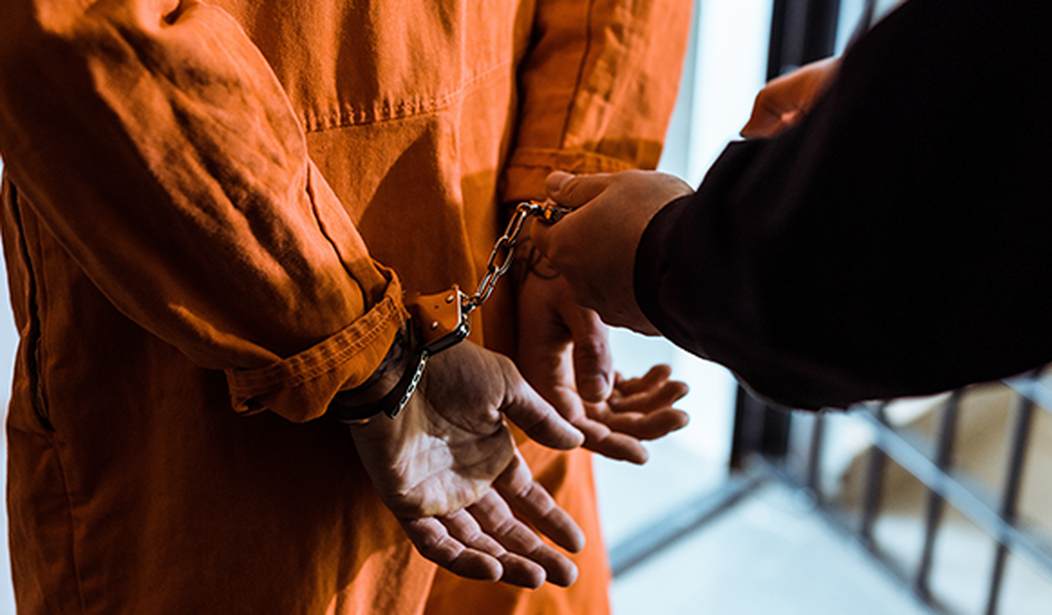Remember human rights? We are not sure that Washington does.
Salah Soltan was once a professor of Islamic Law at Cairo University before moving to Dearborn, Michigan in 1999 to serve as president of the Islamic American University there. After leaving that post, he continued as a legal U.S. permanent resident until his arrest in Egypt in 2013 for voicing his opposition to the ousting of Egyptian President Mohamed Morsi. Soltan, a legal permanent resident and father of five US citizens, is deserving of US government’s support; thus far, the administration has been slow to intervene on his behalf.
According to the United Nations Human Rights Council, Soltan was denied legal counsel as he was charged with “inciting violence,” “being part of a terrorist organization,” “plotting to cause chaos in the country,” and “spreading false information in order to weaken or harm the dignity and prestige of the State.” The only evidence presented at his mass trial, which Soltan’s attorney was not allowed to challenge, was a secret statement from a security service officer. At first, he was sentenced to death, but that was later changed to life in prison.
The HRC further states that Soltan has often been denied visitation rights or even telephone communication with his family back in the United States while being repeatedly subjected to torture and ill treatment. He was even denied medical treatment after suffering from a herniated disc, kidney, and liver conditions, and hepatitis C.
In 2018, the UN Working Group on Arbitrary Detention determined that Soltan’s arrest was arbitrary, as the authorities failed to provide credible evidence of wrongdoing, and that his prosecution violated the right to political participation and freedoms of peaceful assembly and expression.
Since 2015, Soltan’s persecution has been mainly due to his son’s activism. After his son Mohamed’s November 2015 testimony before the U.S. Congress, Soltan was beaten until he lost consciousness and his jaw and two front teeth were broken. More torture came after Mohamed took his father’s case to the European Parliament. Mohamed, too, had been arrested in Egypt in 2013 but was freed in May 2015 following intense negotiations in which he gave up his dual Egyptian citizenship. Egypt still claims the deal included keeping Mohamed Soltan in a U.S. prison for life, but that did not happen.
Recommended
Since regaining his freedom, Mohamed Soltan has increased his advocacy through The Freedom Initiative, which he founded as a vehicle for human rights and informing U.S. foreign policy. The Freedom Initiative has also documented continued mistreatment of the elder Soltan in Badr 1 prison – including multiple times in which he was beaten, denied medical care, and twice more lost consciousness.
A frequent contributor to The Washington Post, Mohamed Soltan’s work has also been featured in The New York Times, Time Magazine, CNN, CBS, ABC, and Fox News. Yet for all his efforts, the White House (under different Presidents) has done little to alleviate his father’s suffering.
President Obama, who had welcomed the Morsi regime, was unlikely to get a friendly hearing on the fate of Soltan and other dissidents to the el-Sisi regime. Many lawmakers were supportive of the military’s stance and promises of stability. . President Trump, who embraced the el-Sisi regime, was not persuaded to rock the boat and demand better treatment for Soltan.
Since taking office, President Biden (who had condemned Soltan’s imprisonment as a candidate) has been silent on Soltan’s predicament, while approving $2.55 billion in sales of military equipment to Egypt and obligating $1 billion in military aid from fiscal 2021 – after the State Department had withheld $130 million of the prior year’s $1.3 billion appropriation until Egypt “affirmatively addresses specific human rights conditions.”
There is hope today that the White House might take stronger action, now that Senate Foreign Relations Committee chair Robert Menendez (D, NJ) has tweeted concerns that Soltan’s health was “rapidly declining … due to neglect in prison.” Menendez urged Egyptian authorities to “release him and allow immediate access to lifesaving medical care.”
This new round of public concern over Soltan’s life and health comes in the wake of a second round of pleas from human rights organizations.
Back in February 2022, 19 human rights organizations had urged Egyptian authorities to provide health care to Soltan or immediately release him to receive medical attention and enable investigations of his claims of torture. At that time, Joe Stork, deputy Middle East and North Africa director at Human Rights Watch, said that “Salah Soltan’s deteriorating health appears to be the result of reprisals for his son Mohamed’s advocacy in the U.S.”
But nothing happened last year to make the 64-year-old’s life better.
Menendez’s tweet was a response to a March 20 statement by more than 50 human rights organizations that shed more light on the serious allegations of denial of healthcare and other abusive conditions of detention at the Badr prison complex. These abuses include 24/7 surveillance of cells with CCTV cameras, exposure to fluorescent lighting around the clock, and chaining prisoners to their cell walls without food and water for days at a time.
Salah Soltan, after a decade of torture and deprivation of healthcare and proper food and exercise, may not survive much longer unless he is granted clemency and released. But he is far from the only Egyptian who had supported the Morsi regime who is suffering from mistreatment at the hands of Egyptian authorities. Nonetheless, Salah’s life is an American life we can save.
The ball is in the President’s court – and in the hands of other world leaders who have yet to risk any political capital on behalf of the imprisoned Egyptians. But what do human rights matter to the political leaders in today’s world anyway?

























Join the conversation as a VIP Member